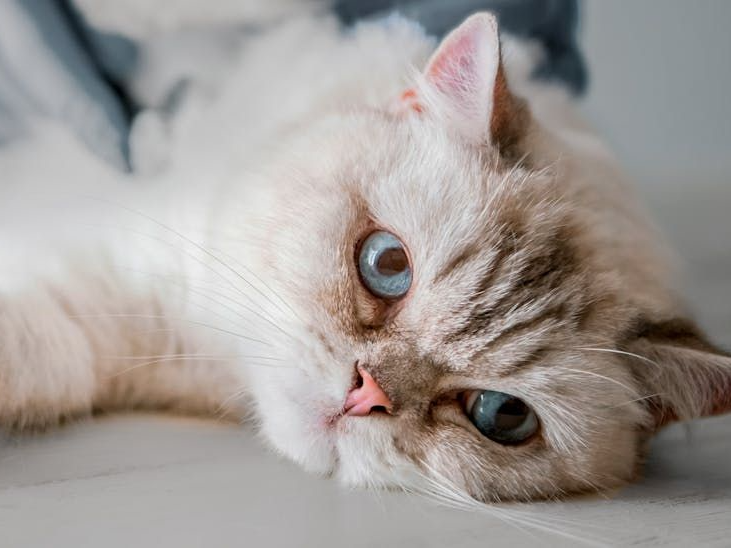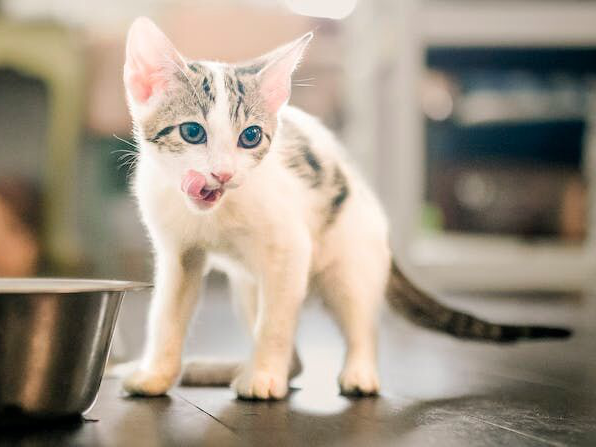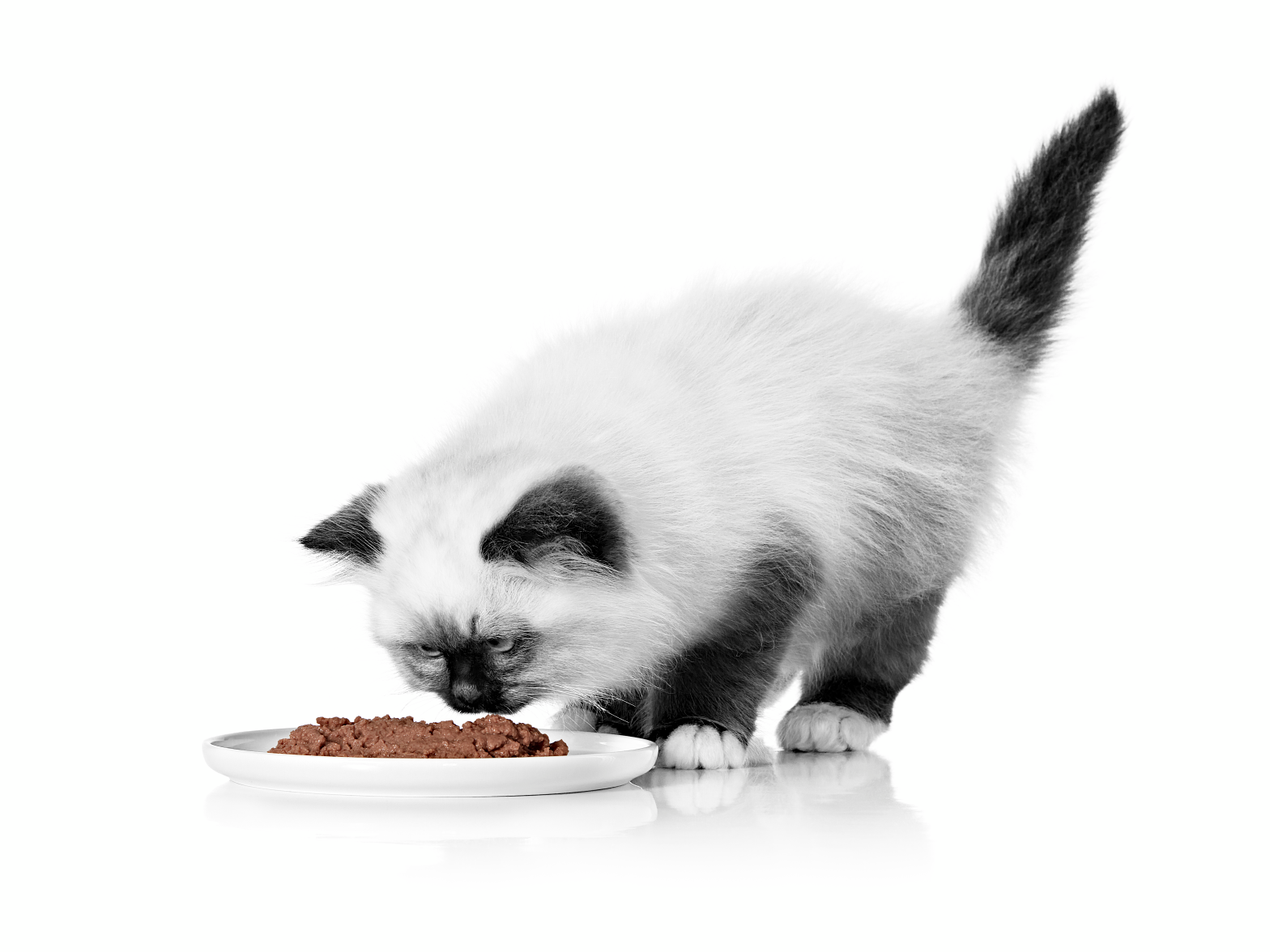
Kitten feeding and nutrition guide
The first few months of your kitten’s life will consist of rapid growth, discoveries, and various developments. Therefore, knowing what to feed your kitten from the beginning is vital to supporting healthy growth. As their bones grow and their brain matures, they will require energy, protein, and other nutrients. Choosing a diet that provides the right balance will set your kitten up for a long and healthy life.
How kitten feeding differs to adults
Kittens' nutritional needs are very different from those of adult cats. Their food should contain more energy and protein than adult cat food to support bone and muscle growth. As they explore, play, and grow, kittens need food adapted to their size while providing the right balance of nutrients to support their development.
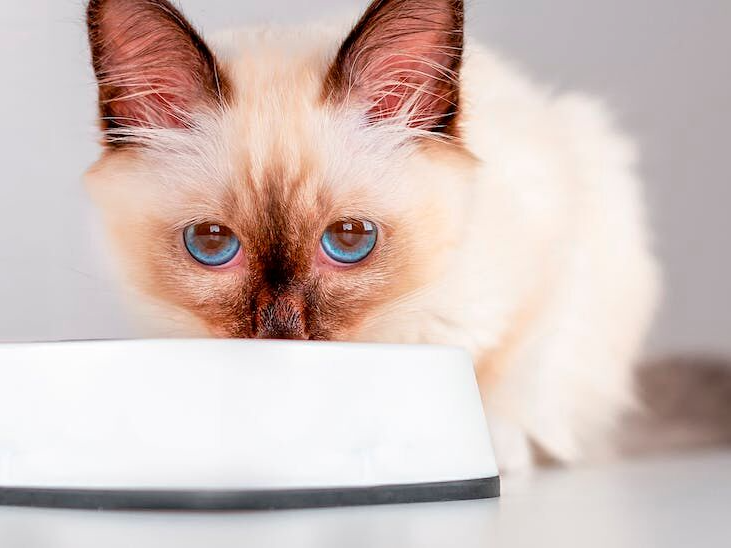
The importance of diet
Your kitten’s food must be up to the task of supporting their development as they go through intense periods of growth. It should be easy on the digestive system and suited to their mouth and teeth. Kittens require a diet high in protein to support the growth of their skeleton and muscle.
Feeding kittens wet versus dry food
Feeding your cat wet food rather than dry food has its benefits, as it not only contributes to their water intake but also has a stronger aroma that may tempt them if they are a fussy eater. This is due to a cat’s sense of smell being more sensitive than their taste. On the other hand, dry food is better suited for grazers, as it stays fresher in their bowl for longer.
However, we encourage pet owners to mix-feed by incorporating both wet and dry food into their kitten’s diet.
Managing the transition
Either way, you should gradually introduce changes to your cat’s diet to prevent stomach upset. Cats can be sensitive to changes in their diet, and a slow transition (done over 7 days) will help avoid any issues.
Kittens normally drink their mother’s milk in their first weeks of life, so a replacement milk specially formulated for kittens can play an important nutritional role if the mother’s milk isn’t possible.
However, kittens should not be given cow’s or goat’s milk (neither should adult cats) as this can be difficult for them to digest properly, which can cause diarrhea.
Kittens and cats are sensitive to change in their diet and require a slow transition to avoid any problems.
The science behind ROYAL CANINⓇ kitten nutrition
We specialize in health through nutrition, tailored to meet the unique needs of every kitten. For us, feeding your kitten isn’t just about building their body and providing energy—it’s about supporting them, too. We provide an optimal balance of nutrients to support defense against disease as well as for energy, cell growth, and maintenance.
Create the right feeding environment for your kitten
When feeding your kitten, it is essential to create the perfect environment that will make them excited for mealtimes. Here are some environmental tips to consider:
• Quiet and calm - Creating an environment without distractions will allow your kitten to focus solely on their food.
•Separate areas - Make sure to spread out your kitten’s food bowl away from their water bowl and litter box to avoid any contamination.
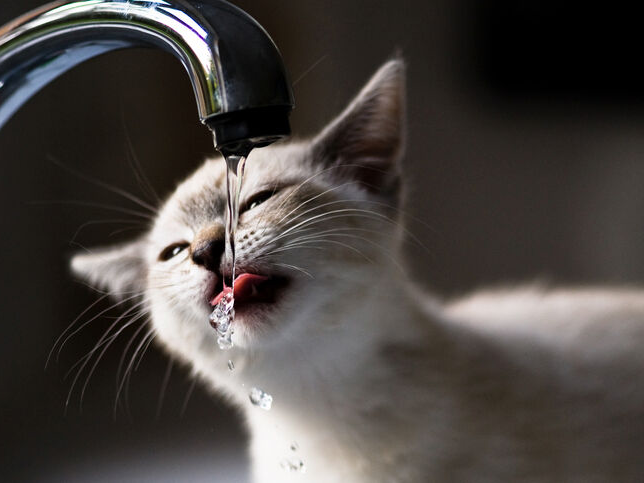
How much should your kitten drink?
When it comes to giving your kitten water, it is essential to ensure that fresh, clean water is available in several quiet areas around your home and to wash the bowls regularly to prevent bacteria and odor issues. Also, it is advised that your kitten should drink 2 oz. of water per kg of weight, but this can vary depending on temperature, activity levels, and the health of your kitten.
The food your kitten eats provides the foundation for healthy growth, which is why getting it right from the start is so important. Once you’re confident that your kitten is eating the right food with the right nutrients for their breed and stage of development, you’ll be able to relax and enjoy this exciting stage of your pet’s life.
